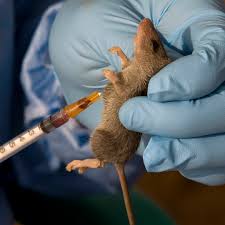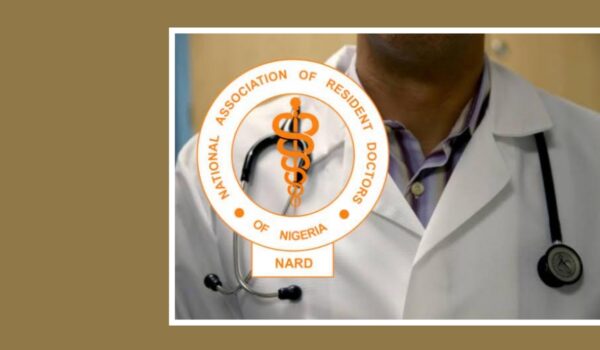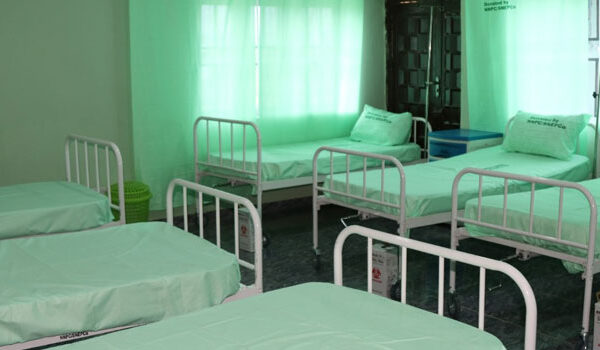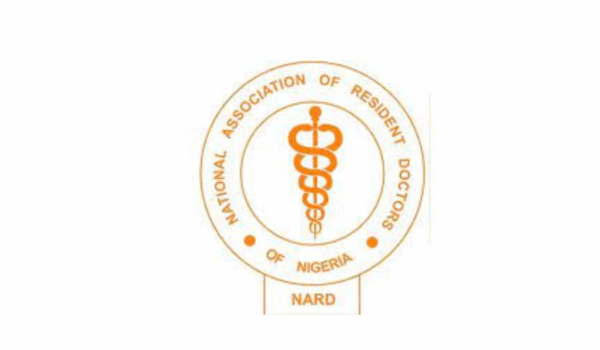She explained that this syndrome arises from religious beliefs, ignorance about cancer, and a strong rejection and denial of having cancer.
Consequently, the Director of the University of Nigeria, Centre for Clinical Trials, Nsukka, Enugu State, stated that this syndrome is causing late hospital presentations and driving high mortality and morbidity rates for cancer patients.
Okoye made these remarks during the first series of the 2024 Health and Business Series themed, “Cancer ‘challenge’ and health screening hesitancy among Nigerians,” organised by Prime Business Africa Publisher, Marcel Mbamalu, on X, formerly Twitter.
The World Health Organisation says cancer is a leading cause of death worldwide and accounted for about 10 million deaths in 2020. Breast, lung, colon, rectum and prostate cancers are the most common cancers.
The health agency further notes that a sedentary lifestyle, tobacco use, alcohol consumption, low fruit and vegetable intake, excessive weight, and cancer-causing infections such as human papillomavirus were responsible for most cancer-related deaths.
The WHO says cancer accounted for 72,000 deaths in Nigeria in 2020 meanwhile data from the Nigerian National Cancer Registry shows that between 2012 and 2019, there was a 24 per cent increase in cancer cases among Nigerians aged between 15 and 29.
Cervical cancer is the commonest cancer in Nigeria followed by breast, prostate and colorectal cancers.
Speaking further, Okoye noted that late hospital presentation contributed largely to cancer deaths and the low survival rate among Nigerians
The emeritus professor reiterated that cancer is no longer a death sentence, adding that individuals who seek medical attention early have a higher survival rate and reduced the huge burden of cost and care on both themselves and their families.
She further noted that some persons who were diagnosed lived in denial, while many Nigerians believed cancer was ‘not my portion.’ Okoye decried the fear and perception that cancer was associated with death and called for more awareness and public health dissemination about the facts of the non-communicable disease.
She further listed procrastination, poverty of pockets, poverty of information, absence of in-country domain data and superstitions that cancer was diabolical as factors causing the poor health-seeking behaviour of Nigerians.





Comments